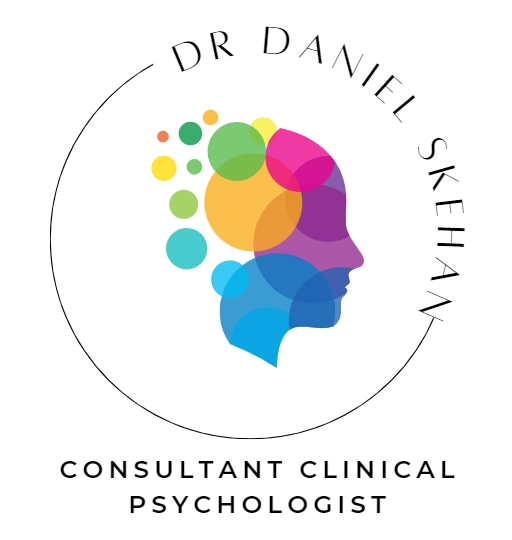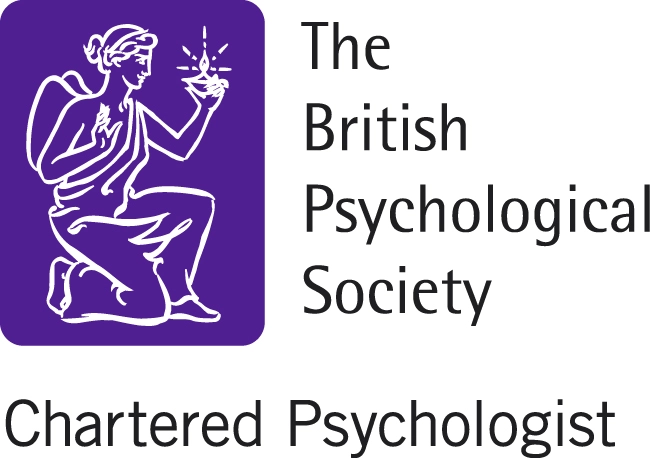Frequently Asked Questions
What is clinical psychology?
Clinical psychology is the application of psychological theory to physical and mental health. A clinical psychologist must have a psychology degree (or equivalent conversion) and doctorate in clinical psychology. The doctoral training is a combination of lectures, training and on the job placements, which will usually include a range of services and client groups. Clinical psychologists can provide talking therapy and usually have a number of therapeutic approaches they may use.
What are all of the different types of therapist and counsellor etc?
The world of mental health services can be difficult to navigate and understand when you first learn about it. There seem to be many different professionals and services and it is a challenge to understand the difference. Below are some of the professionals you may read about:
- Psychiatrist: This is a medical doctor who has completed their medical degree and foundation training and now specialised in psychiatry. They usually offer assessment and diagnosis, along with medication as treatment. They sometimes specialise in a particular talking therapy, but must go through additional training for this.
- Mental health nurse: This is someone who has trained as a nurse and specialised in mental health. They will have had lectures and placements and may have worked in a variety of mental health services.
- Counselling psychologist: This is very similar to clinical psychology and also involves the completion of a 3-year doctorate. The training can be slightly different and the placements are organised by the individual therapist rather than the training course.
- Counsellor: This is someone who has completed a course in counselling. These courses can vary in length and content so it is important to check the individual’s qualification and what it means.
- Psychologist: This is someone who studies the mind. It should usually refer to someone who has completed a psychology degree and gone on to a relevant profession such as academia or occupational psychology.
- Talking therapist: This is someone who has completed a particular therapy qualification (e.g. CBT, cognitive analytic therapy, psychodynamic psychotherapy). Most evidence-based therapies will have an accredited course so they should be able to present a recognised qualification by the relevant therapy association. Most experienced therapists will have a core professional qualification such as nursing, social work, occupational therapy etc.
How much is therapy?
My therapy sessions cost £130 per session. If you have health insurance then I accept reimbursement from Aviva, AXA, Cigna and Vitality, which will cover the cost.
What does therapy involve?
Therapy sessions usually take place on a weekly basis at a regular time for one hour. My clinic runs on a Thursday during the day. We usually meet on a one-to-one basis, although you would be welcome to bring someone with you if this makes you more comfortable. I use rooms at ‘Enfield Therapy Rooms’, which is based in Enfield Town.
How long does therapy go on for?
Each sessions lasts approximately one hour, with a full run of therapy usually lasting between 16-20 sessions. We usually agree to meet in an 8 session block and then review.
What insurance companies do you work with?
I work with Aviva, AXA, Cigna and Vitality.
Where do you work?
I work out of the Enfield Therapy Rooms in Enfield Town.
How do I contact you?
Please use the email address for any enquiries or to arrange an informal phone conversation or first session.
Do you do remote therapy?
I intend for my main caseload to be face to face but will have a few remote session slots available.


